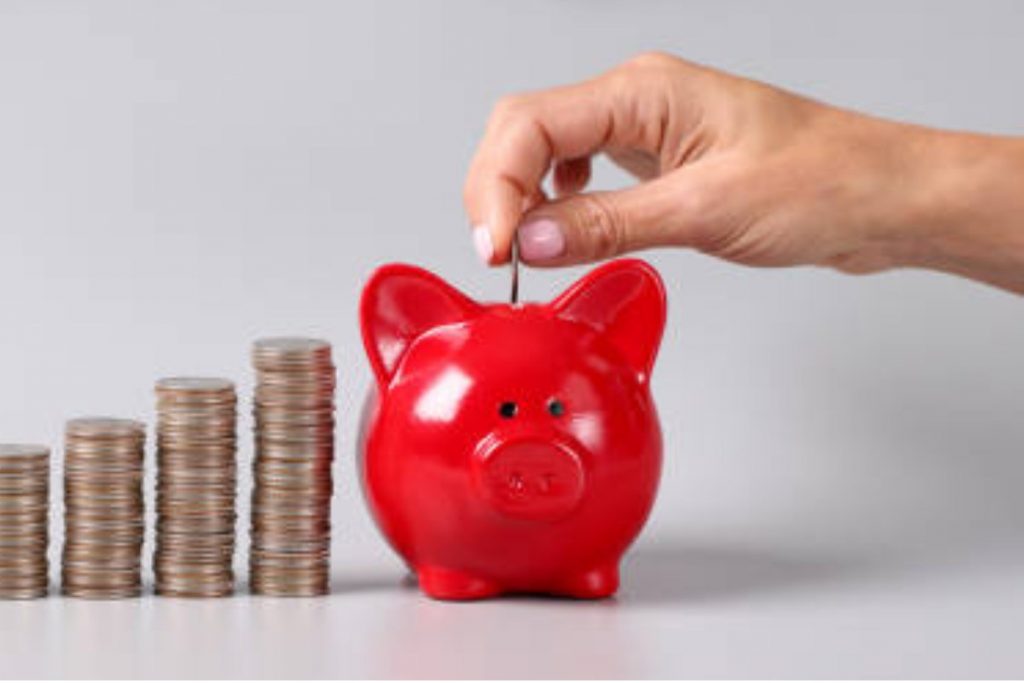Is your investment portfolio diversified? Well, if you are an investor, you mostly have a sound investment portfolio, with the taste of every dish in it – making a wholesome meal. For instance, stocks, mutual funds, gold, low-yield, high-yield, and some government-backed schemes. But, you know, what is one thing every investor or every first-time saver would ask? They would ask, “how can I reduce my tax outgo?” Well, investing in any form of the financial instrument means your money is growing and giving you more income or creating wealth, which means you would also pay taxes on these earnings, isn’t it?
That is what we are going to be talking about over here. But, let’s narrow it down to more specifics and talk about the TDS on fixed deposits and if there is a way you can avoid it, but before that, let’s know the meaning of a fixed deposit.
Table of Contents
What Does a Fixed Deposit Mean and How Does it Work?
A fixed deposit means an investment of a lump sum amount of money into a deposit for a fixed period of time, where this money will earn some amount of interest each passing year.
How Does Your Money Grow through Fixed Deposits?
Well, one thing is for sure, you will be making more money through fixed deposits, but the main question is how.
You will earn through interest rates.
Every bank, every non-financial banking institution, and the post office will give you some sort of interest rate. For instance, let’s say a bank gives you 6% interest for a year. You are willing to invest ten lakhs into the FD.
This means you will be earning 6% of interest on the ten lakhs that you are about to invest for each year. And this sum will keep increasing over time.
But, you have to remember, these interest rates are not standard. We can look at some current cases to know more. In 2022, the fixed deposit rates in Jana small finance bank are 6.75%, and the interest rates in SBI are 5.95%. This rate will differ in every bank and NBFC, and it will come up to your job to find the best one for you.
Can You Avoid TDS on Fixed Deposits Interest Earned?
TDS on a cumulative FD is normally taken automatically by the bank if the interest on the FD exceeds a threshold set by tax laws.
If the FD held with a bank, this requirement is currently Rs 50,000 for senior people and Rs 40,000 for non-seniors. If the FD is held with a non-banking entity, the interest amount threshold for TDS deduction is Rs 5000.
Moreover, if TDS is taken from the interest generated on a cumulative FD in a particular financial year, the FD loses not only the TDS amount but also the compound interest it would have earned throughout the deposit’s remaining term.
The Solution for Non-Senior Citizens: Those who are not senior citizens but have taxable income below the basic exemption level of Rs 2.5 lakh can also fill out Form 15G to avoid TDS deduction on their FDs.
Even if their tax liability is zero after the rebate under section 87A, non-senior citizens whose taxable income is over the basic exemption ceiling but less than Rs 5 lakh cannot use Form 15G to avoid TDS. You can avoid TDS deduction by spreading your deposits among various banks in this situation. This eliminates the inconvenient process of having TDS deducted and then seeking a refund when filing an ITR.
Others who compelled to pay income tax can avoid TDS by spreading their FDs across various banks. They will have to report this income on their tax return and pay the applicable income tax later, but they will avoid the compounding loss.
The Solution for Senior Citizens: For persons who can avoid TDS deductions, the significance of TDS deduction becomes critical. Many senior citizens rely on FDs to handle their finances after retirement and are therefore exempt from paying income tax. They have a simple way to avoid the TDS deduction.
You do not have to pay TDS on your FDs if your taxable income is less than Rs 5 lakh, which means you have no tax responsibility. To avoid incurring TDS on your FD, simply fill out Form 15H at your bank.
The Importance of Investing in a Fixed Deposit
Investing in a fixed deposit is crucial for your investment portfolio and its diversification. When you know how to invest in a fixed deposit, most of your problems with a reliable and non-risky investment will just disappear. You need an investment instrument that will keep you from the ups and downs of the market. When one investment path is having a bad time, the other one can give you the returns that you have been looking for.
With the investment returns that you know assured, you can make some healthy financial steps without fear. Nw, FDs might not give attractive returns such as stocks or funds, but they can give you greater returns than a savings account, and it makes it essential to keep your money in one of these accounts.
Conclusion
The bottom line is that – there are always some ways or another to reduce the tax burden that you carry, and when you know them, you can do them to get more returns. Moreover, these are simple steps that you can take to get closer to your financial goals.

